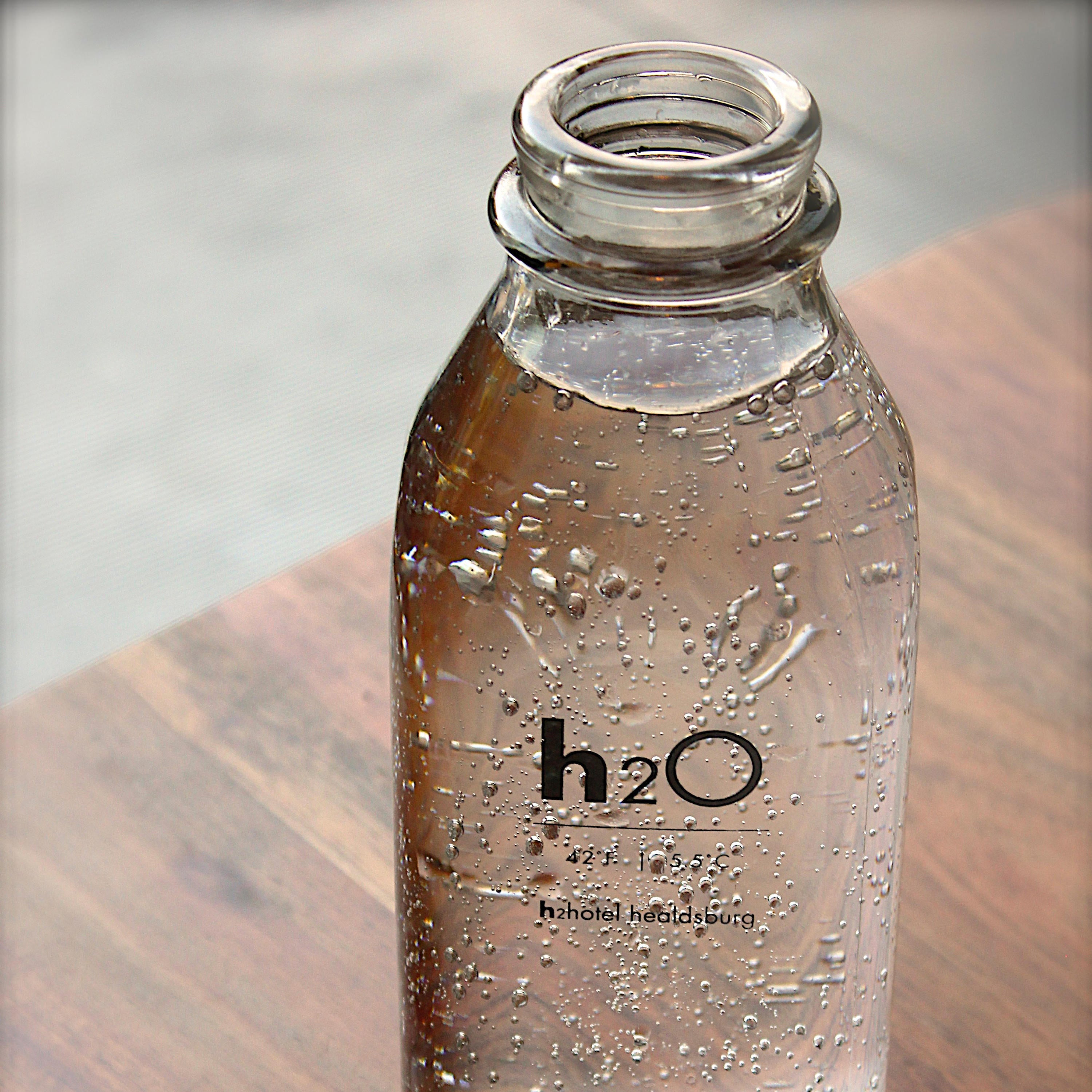People pay top dollar for ‘premium’ brands indistinguishable in blind taste tests from tap water – is it about status, wellness or something more fundamental?
Last year, judges at the 28th International Berkeley Springs WaterTasting competition deemed the best bottled water in the world to be an Australian brand “infused with the sound frequencies of love, the moon, and light spectrums of the rainbow”.
Called Frequency H2O and sold for A$3.30 a litre (US$2.30), the water is, according to its creator Sturt Hinton, an “ultimate elixir of life”. Also recognized by the judges was Svalbarði, a company that sells $90 bottles of water freshly squeezed from – wait for it – melting Norwegian glaciers.

The extravagant taglines and price tag make luxury bottled water a sort of liquid climate change for the rich. Despite an abundance of logical reasons to avoid it, the bottled water industry has never been stronger. And “premium” bottled water, the extra-fancy sort touted for “health benefits” like alkalinity, is the fastest-growing sector of the US bottled water industry, itself valued at $18.5bn.
Whether such elite products are pumped from 3,000 feet beneath Hawaii or extracted from Fijian springs and sprinkled with gold dust, most justify their inherent excess with a similar refrain: the more obscure the origin, or elaborate the preparation, the healthier, higher quality, and more delicious the water.
Nothing about bottled water makes it inherently superior to tap. The majority of American tap water is safe,as is essentially all UK tap water, and more closely regulated for contaminants than bottled. In blind taste tests, subjects cannot distinguish between bottled and tap water. And tap water, of course, is nearly free.
So why do we buy it? For one, access to rarified waters has been a status symbol for centuries (think the 19th-century leisure-class craze for vacationing in “spa towns” or the devotion of historic European royals to the supposedly salubrious effects of thermal springs).
Then there’s the wellness movement, responsible for a collective spurning of alcohol and soda, and promoting a more fervent interest in “luxury” water than ever. Indeed, luxe “water bars” and even vibrational frequency-charged bottled water brands have been making a go of it since at least 2006. Yet the American mainstream has probably never been as receptive of pricey, esoteric health products as during the current late-capitalistic peak wellness moment.
And then there might be another reason, according researchers at Ontario’s University of Waterloo. The reason why society is so devoted to bottled water, they say, may be our fear of death.
In a recent social-psychological study on water consumption choices, researchers Stephanie Cote and Water Institute member Sarah Wolfe claim, “individuals’ unacknowledged death anxiety may be an unrecognized barrier to environmentally sustainable behaviour change”.
“Death reminders reliably increase humans’ selfish exploitation of natural resources,” writes Wolfe in her related work explaining that when humans consider our impending demise, our instinctive denial and need for distraction leads us to make irrational decisions. Such as, perhaps unconsciously, thinking: “How could the planet be dying when I hold in my hand a bottle of such unfathomably pristine water? How could I be dying when I’m making such healthy decisions?”
Cote and Wolfe argue that the way that bottled water is marketed – its associations with wellbeing – happen to make it a particularly appealing antidote for existential despair.